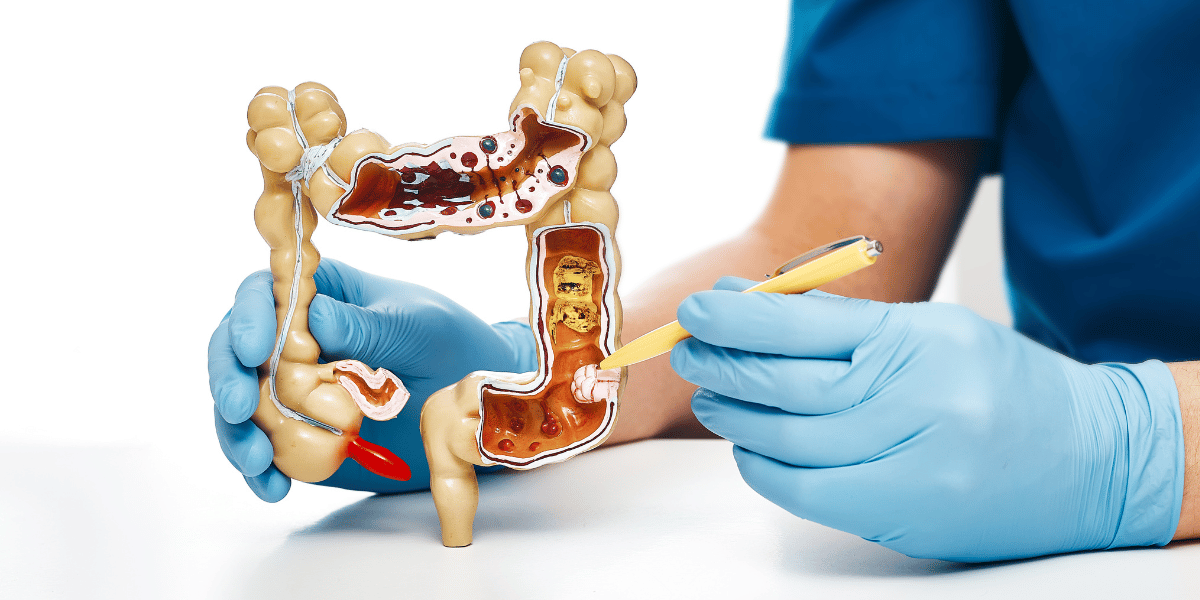Before You Use Finasteride, WATCH THIS!
In a recent video, STARK's CEO and founder Todd Vande Hei dives deep into a hot topic sparked by a 2024 Men's Health article (view here): the pros...
.png?width=70&height=70&name=Stark_LogoMark%20(1).png)
Testosterone Replacement Therapy (TRT) is a popular treatment for men experiencing low testosterone levels. TRT aims to restore normal hormone levels, thereby improving overall health and well-being. However, a lingering myth persists that TRT increases the risk of prostate cancer. This misconception has prevented many men from seeking treatment that could significantly enhance their quality of life. In this blog post, we'll debunk the myth that associates TRT with prostate cancer, explore the benefits of TRT, and emphasize the importance of regular health checkups.
One of the most pervasive myths surrounding TRT is its alleged link to an increased risk of prostate cancer. However, multiple studies have shown no direct causation between testosterone therapy and the onset of prostate cancer. For example, a landmark study published in the "Journal of Clinical Endocrinology & Metabolism" found no significant difference in prostate cancer risk between men undergoing TRT and those who are not.
Additionally, research conducted by the Mayo Clinic supports these findings. Their comprehensive review of available literature concluded that TRT does not elevate prostate cancer risk. These scientific insights help debunk the unfounded fears that have long deterred men from considering TRT as a treatment option.
Experts in the medical field also argue against the supposed link between TRT and prostate cancer. In addition to the fact that there is no scientific basis to the claim, some doctors have pointed out that in theory, if higher-end-of-optimal levels of testosterone were a contributing factor, prostate cancer would be most common in men under 40, yet the median age of diagnosis is 67 years old. This information continues to emphasize that the benefits of TRT far outweigh any unfounded fears.
One of the significant benefits of TRT is its positive impact on bone density. Men with low testosterone levels are at a higher risk of developing osteoporosis, which can lead to fractures and other complications. TRT helps in maintaining and improving bone density, thereby reducing the risk of fractures.
Another critical benefit of TRT is the enhancement of muscle mass. Low testosterone levels can result in muscle wasting and increased body fat. Adding muscle mass is a key to decreasing insulin resistance, which can prevent or even reverse type II diabetes. By restoring normal testosterone levels, TRT helps in building muscle mass and reducing fat, leading to better overall health.
Beyond physical benefits, TRT also contributes to overall well-being. Men undergoing TRT often report improved mood, better energy levels, and enhanced cognitive function. These improvements can significantly impact daily life, making it easier to engage in social activities and maintain relationships.
Regardless of whether you are undergoing TRT, regular health checkups are crucial for early detection of any potential issues, including prostate cancer. Routine lab work can help identify problems early on, making them easier to treat effectively.
Regular checkups also allow healthcare providers to offer personalized medical advice. This is particularly important for men considering TRT or already undergoing the treatment. A healthcare provider that is highly educated on TRT can monitor hormone levels, adjust dosages, and ensure overall health is maintained.
Testosterone Replacement Therapy offers numerous benefits, from improved bone density and muscle mass to enhanced overall well-being. Scientific evidence and expert opinions consistently debunk the myth that TRT increases the risk of prostate cancer. If you're considering TRT, contact the Stark team today to consult with the doctors to discuss your options and create a tailored treatment plan. Don't let unfounded myths deter you from improving your quality of life.

Have you heard of PFAs? They might sound like a complex acronym from the tech industry, but they stand for something far more troubling — Per- and...

The trending Netflix documentary 'You Are What You Eat: A Twin Experiment' has stirred not only curiosity but a storm of opinions across dinner...
